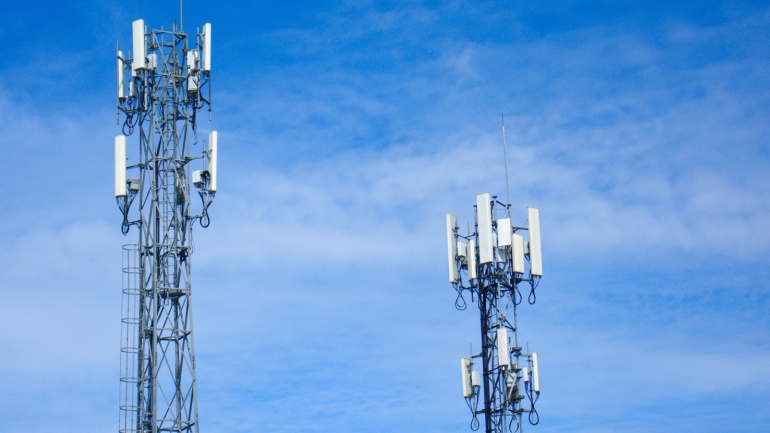A new GSMA annual report reveals that mobile operators are not merely surviving but thriving in Europe. The set of figures offered is indeed impressive: The industry’s contribution to the economy exceeded €910 billion in 2022, employing 2.2 million people both directly and indirectly. Collectively, mobile-based productivity contributed to an overwhelming €670 billion of value to the economy, while the operators’ personal contribution brought €110 billion. These operators also paid a remarkable €110 billion in taxes last year.
Elucidating, the report points out that by 2030, the economic contribution from these European mobile operators is projected to strike the €1 trillion mark. This projection is banked on the continued expansion of the ecosystem and the increasing uptake of advanced mobile services across a broader segment.
In the context of coverage and usage, mobile networks cover 460 million Europeans bringing down the coverage gap to a minimal 14%. The area has 900 million active phone connections, with an anticipated penetration of smartphones and feature phones reaching 91 percent by the end of the decade.
On 5G coverage, networks are expected to stretch to 87% of all mobile users by 2030, and the technology itself is poised to generate €153 billion in economic benefits.
However, GSMA feels regulators should not sit on these laurels. Daniel Pataki, VP for policy and regulation, and head of Europe for the GSMA, emphasizes “Europe has a strong history of leadership in mobile and digital technologies, but strong, sustained investment in networks is now needed to regain that leadership in the face of global competition.”
GSMA goes further to indicate that only 5% of commercial 5G networks in Europe have been upgraded to standalone (SA), as compared to the 25% in Asia-Pacific. The organization argues that Europe needs a radical rethink of its digital communications policy framework and a reform of its dated regulatory approaches.
While such arguments position a promising picture from an investment perspective, critics believe this could lead to less desirable scenarios for end users. Consolidation, a key proposal from GSMA, faces stiff criticism. A report from the Balanced Economy Project suggests in-market consolidation could result in higher prices and no increase in investment.
Lessons could be learned from the US, where lower investment levels are recorded. This is attributed to a reduced competitive pressure, with claimed infrastructure investment often winding up in shareholders’ accounts.
Finally, the argument is made that telcos should invest in data centre and content delivery network investment, much as big tech companies are expected to contribute to infrastructure investment. This essentially implies a two-way traffic, where tech and telecoms work together to build a more robust digital ecosystem.
All these factors clearly indicate that the mobile industry in Europe needs to come up with a solid argument to prompt any changes. The future seems to tread on a thin line between promising growth and potential pitfalls, each governed by strategic decision-making.







